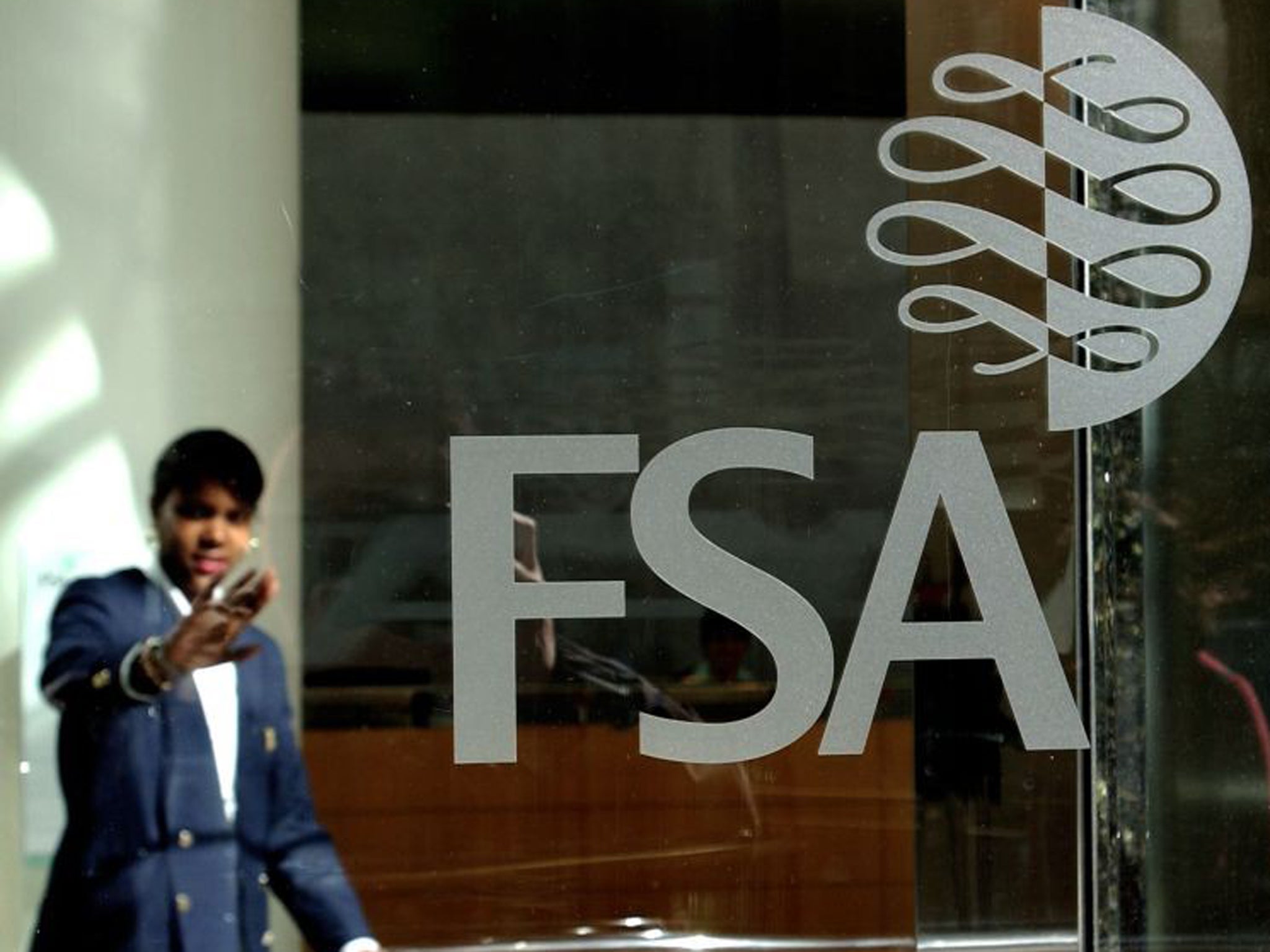Julian Knight: Changing of the regulator guard ought to be good news for consumers

On Monday, the Financial Services Authority ceases to exist, to be replaced by the Financial Conduct Authority. The offices will be the same and the overwhelming majority of personnel remain.
The FCA's role will be more defined as the FSA fell dramatically between the twin stools of promoting the growth of the financial services sector while at the same time protecting consumers during the financial crisis.
The FCA will be charged with looking after the interests of savers, investors and borrowers and some of their senior new hires reflect this change in focus.
But it wasn't just during the financial crisis that the FSA failed miserably; it was an organisation seemingly captured by the City, inward looking and rather craven. Since the crisis and under Hector Sants, the FSA did improve – it couldn't have got much worse – and has been more proactive in heading off mis-selling and fining offending banks (although to nowhere near the extent of US regulators). The FSA has in fact achieved more good for consumers in the past two years than in the previous decade.
But the challenges for the FCA are considerable. The main one, for me, is to ensure that it doesn't become a Cinderella organisation, in relation to the Prudential Regulation Authority, which now has control over ensuring the solvency of our financial services sector.
Treasury officials have been busy ensuring the PRA reflects the image they want and as a result the FCA has been largely allowed to form itself. In the main this is a good thing and is reflected in the make-up of its board announced last week – there are more consumer advocates appointed than city types. Let's hope that this is an indication that the FCA is ready to be the organisation that the FSA never really was and be proactive and stand up for consumers.
One thing that could signal the FCA's intention is to halt the practice of automatically discounting fines handed out to financial institutions just because they agree to co-operate with investigators. Co-operation should be a given in such cases and shouldn't attract any form of discount, it gives out the wrong message.
But all in all let's keep our fingers crossed that a dozen years after the FSA was formed we finally are going to get the regulator we actually need.
Join our commenting forum
Join thought-provoking conversations, follow other Independent readers and see their replies
Comments